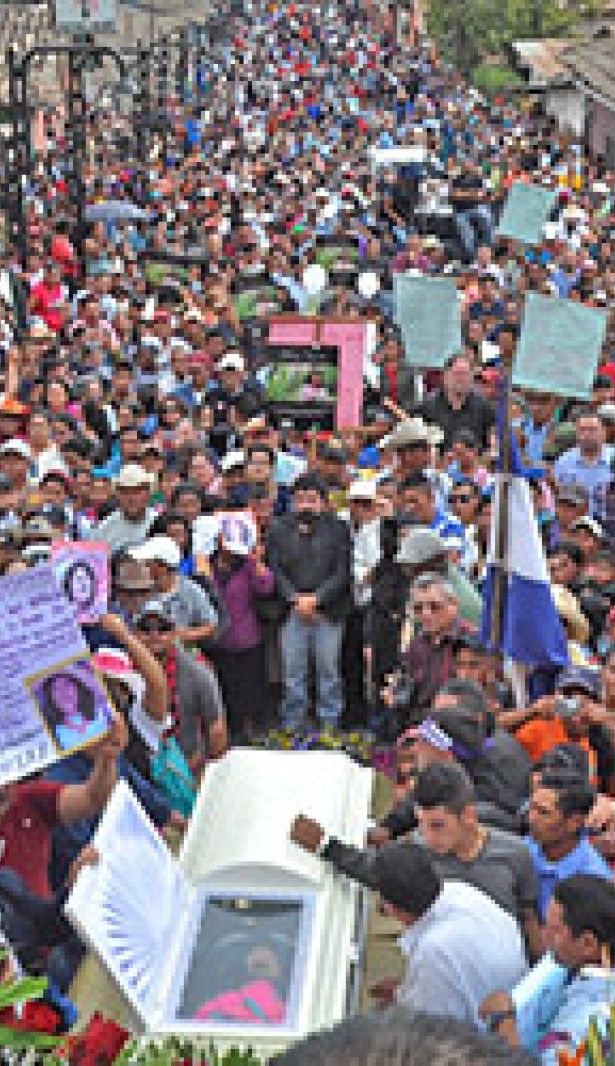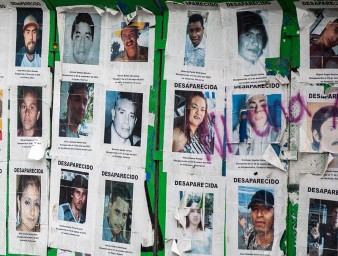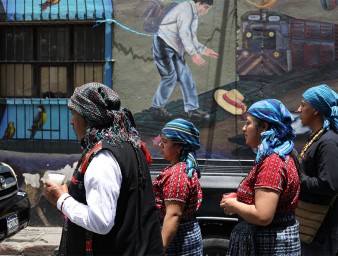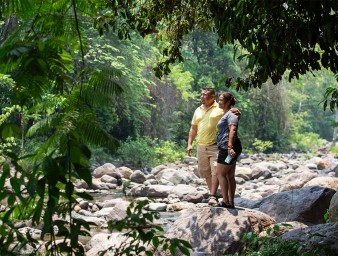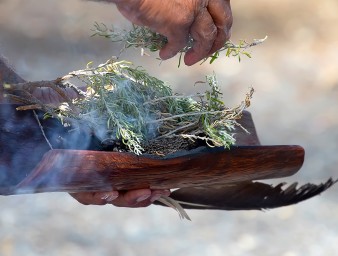Violence against rights defenders a worrying global trend
13 October 2016
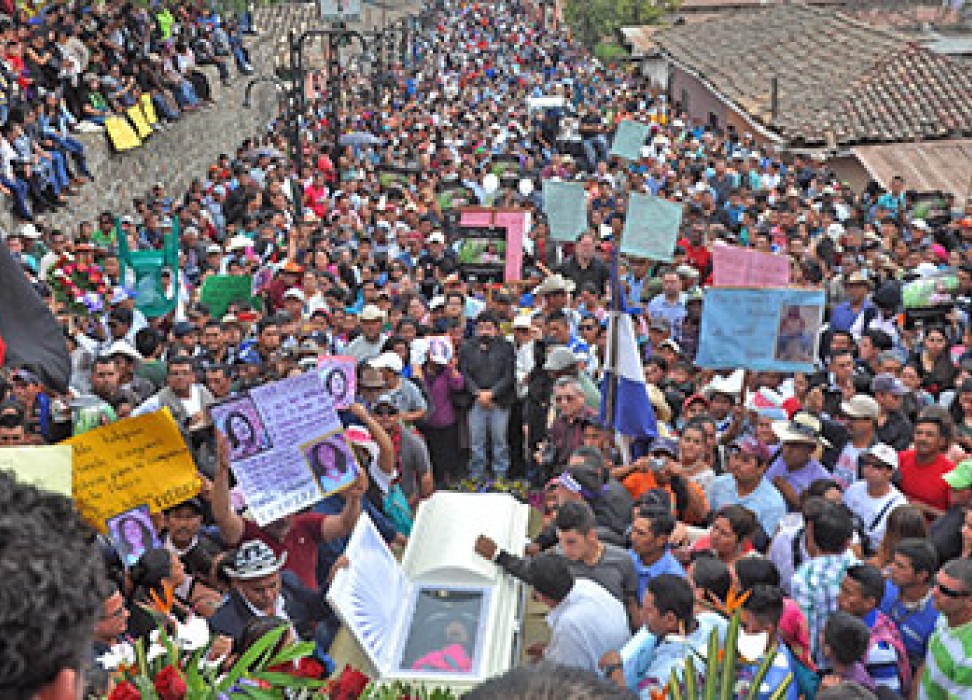
It was just before midnight when gunmen kicked in her kitchen door and stormed into her bedroom, firing multiple shots that ended the life of Honduran human rights and environmental activist Berta Cáceres.
For years before her murder in March 2016, Cáceres had received mounting death threats for leading campaigns to protect the territory of her indigenous Lenca community from logging, powerful landowners and development projects, including one of Central America’s largest hydroelectric dam projects.
The Inter-American Commission for Human Rights, citing concerns for Cáceres’ safety, had called on the Honduran government to take action to protect her. “Reprisals, threats, executions and criminalization of human rights defenders are part of a trend towards a continuation of severe abuses, jointly with more sophisticated methods employed by states, to reduce the efficacy and freedom of human rights defenders,” James Cavallaro, President of the Inter-American Commission for Human Rights, said at a recent Geneva workshop hosted by the Office of the High Commissioner for Human Rights.
Harassment and violence against human rights defenders are part of a worrying global trend, UN High Commissioner for Human Rights Zeid Ra’ad Al Hussein told the UN experts and members of regional human rights courts and civil society gathered at the workshop.
“We are here to defend the defenders,” the High Commissioner said. “In every region across the globe, the voices of civil society are being restricted, silenced or eliminated.”
The High Commissioner called for increased cooperation between UN and regional human rights bodies to promote greater participation of civil society in international human rights mechanisms and policy development.
Discussions at the workshop highlighted the responsibility of states to protect civil society actors, in accordance with their international human rights obligations, stressing that when civil society actors are threatened, attacked and murdered, the international community has a responsibility to support and protect them.
Cavallaro urged regional human rights bodies and the UN system to develop joint early-warning systems and to hold joint public hearings to support human rights defenders. “The more unified our message is, the more difficult it is to attack human rights defenders,” he said.
UN Special Rapporteur Michel Forst in a recent statement expressed concerns regarding the judicial investigation into Cáceres’ murder after receiving reports that the original case file had been stolen by armed men from the judge in charge of the Cáceres case.
"I urge the Honduran government to accept the creation of the independent commission of experts proposed by the Inter-American Commission on Human Rights to cooperate in the investigation into the murder of Berta Cáceres," said Forst.
Activists working to advance environmental causes, as well as LGBT and other minority rights, are particularly vulnerable to attacks, said Hassan Shire, head of Defend Defenders, a regional NGO network of East and Horn of Africa human rights defenders. Shire stressed the importance of creating “hubs of solidarity” to improve the protection of human rights activists. Shire himself had to flee his native Somalia in 2001 after his human rights office was bombed.
“Human rights defenders working in isolation are much more vulnerable,” said Shire. His network aims to foster solidarity among activist groups, promote awareness of regional and international human rights mechanisms, and increase access to support and protection for human rights defenders.
“Activists who stand up to speak truth to power have to be safe and have to have access to resources that can facilitate their work,” he said.
Participants at the workshop pledged to work together to hold states accountable for violations against human rights defenders, including restrictions on basic freedoms of assembly and criminalization of activists working to promote and protect human rights.
